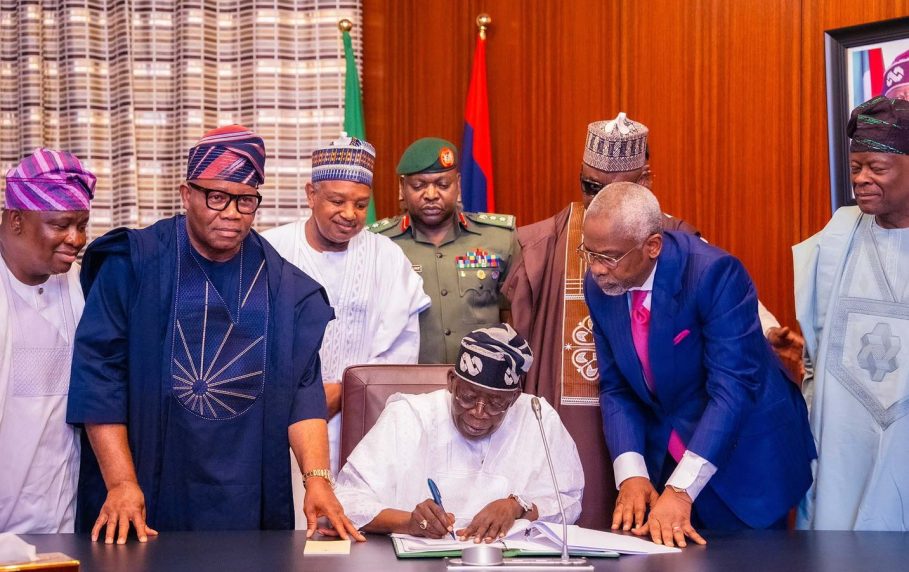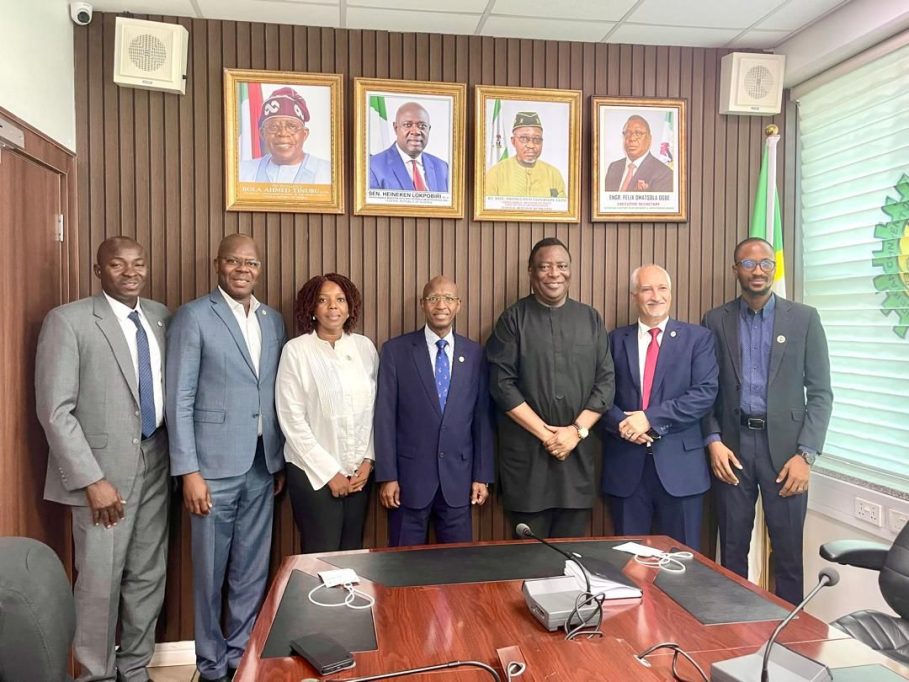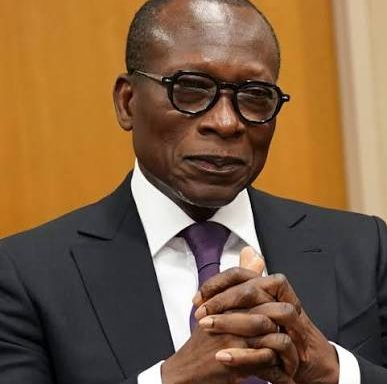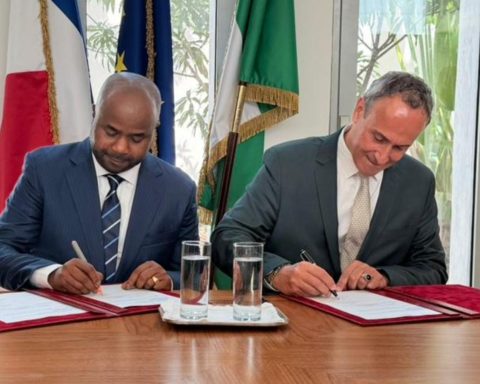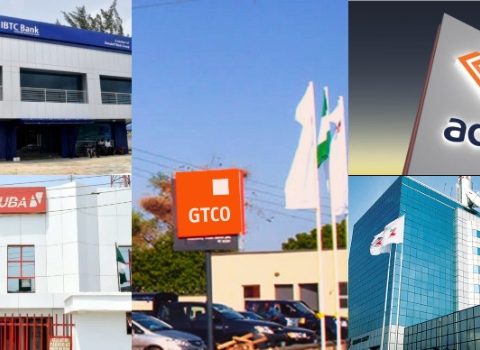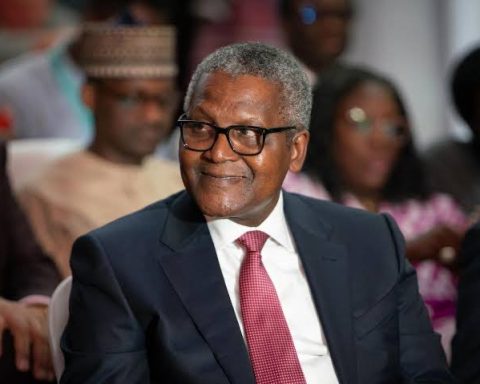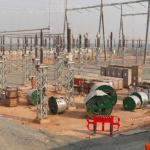The Nigeria Labour Congress (NLC) has called off its planned protest scheduled for March 1, 2025, after reaching an agreement with the Federal Government on the recent increase in telecommunications tariffs. The decision follows negotiations that led to the reduction of the 50 per cent hike to 35 per cent.
The National Association of Telecommunications Subscribers (NATCOMS) has welcomed the revised tariff but urged the government to introduce more relief measures for consumers.
Join our WhatsApp ChannelREAD ALSO: NLC Demands Reversal Of 50% Telecom Tariff Hike, Threatens Nationwide Shutdown
Government Intervenes in Telecom Tariff Hike
On January 20, 2025, the Nigerian Communications Commission (NCC) announced a 50 per cent increase in telecom tariffs, citing inflation and currency depreciation as major factors. Telecom operators had initially proposed a 100 per cent hike, arguing that rising operational costs were affecting their businesses.
Following pressure from the NLC, negotiations were held with the government, leading to a compromise. A 10-member committee was set up to review the tariff increase, which was eventually lowered to 35 per cent.
A senior NLC official confirmed the agreement, saying, “The 50 per cent hike in telecom tariff has been reduced to 35 per cent as agreed by the 10-man committee.”
NLC Opposes Tariff Increase
Despite the agreement, some members of the NLC remain critical of the decision. The Chairperson of the Lagos State chapter, Funmi Sessi, criticised the Federal Government for approving the 35 per cent increase. “How can the government be the one setting prices? This is an anomaly,” she said. “Any increase should be gradual and should not exceed 15 per cent, considering the economic hardship Nigerians are facing.”

The NLC is expected to hold a National Executive Council meeting to discuss the matter further.
Telecom Subscribers Seek More Relief
The President of NATCOMS, Adeolu Ogunbanjo, acknowledged the reduction from 50 per cent to 35 per cent as a victory for consumers but called for additional measures to cushion the impact. “We fought, and at least a 15 per cent reduction is something,” he said. “But telecom operators should consider further reductions to ease the burden on subscribers.”
Ogunbanjo also noted that NATCOMS was not invited to participate in the negotiations. “I believe it is 35 per cent, but this is based on what I heard from sources,” he said.
Regulatory Bodies Yet to Respond
The Nigerian Communications Commission, along with key industry groups such as the Association of Licensed Telecommunications Operators of Nigeria and the Association of Telecommunications Companies of Nigeria, has not issued an official response to the agreement.
With the NLC stepping back from the planned protest, attention will now turn to how the tariff adjustment affects subscribers and whether further negotiations will take place to provide more relief.
Whereas the Nigeria Labour Congress (NLC) has cancelled its planned protest, none of the Main Network Operators (MNOs) or even the lead regulator, the Nigerian Communications Commission (NCC) has reacted as at press time.
Emmanuel Ochayi is a journalist. He is a graduate of the University of Lagos, School of first choice and the nations pride. Emmanuel is keen on exploring writing angles in different areas, including Business, climate change, politics, Education, and others.







